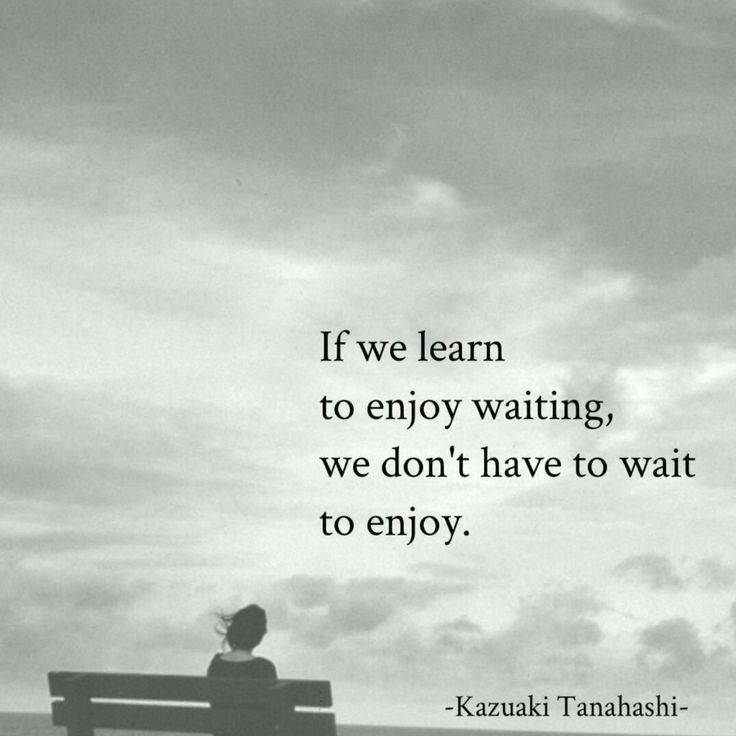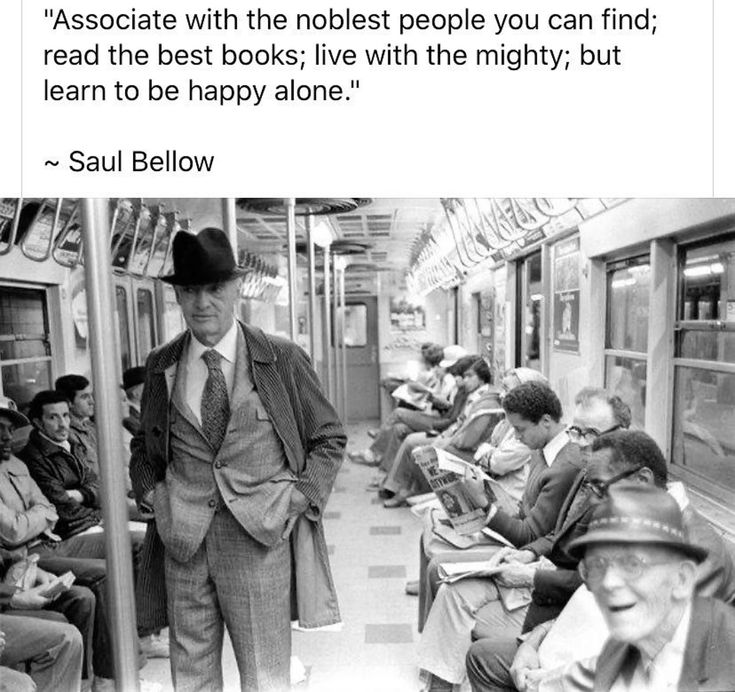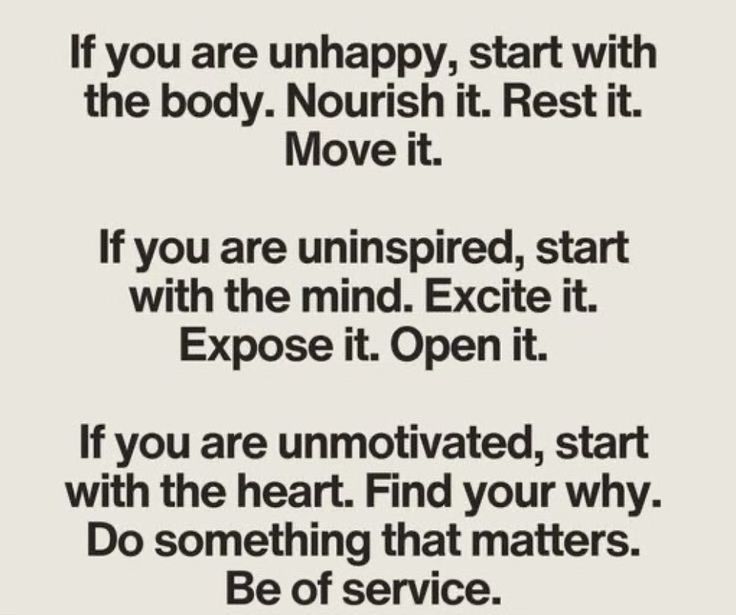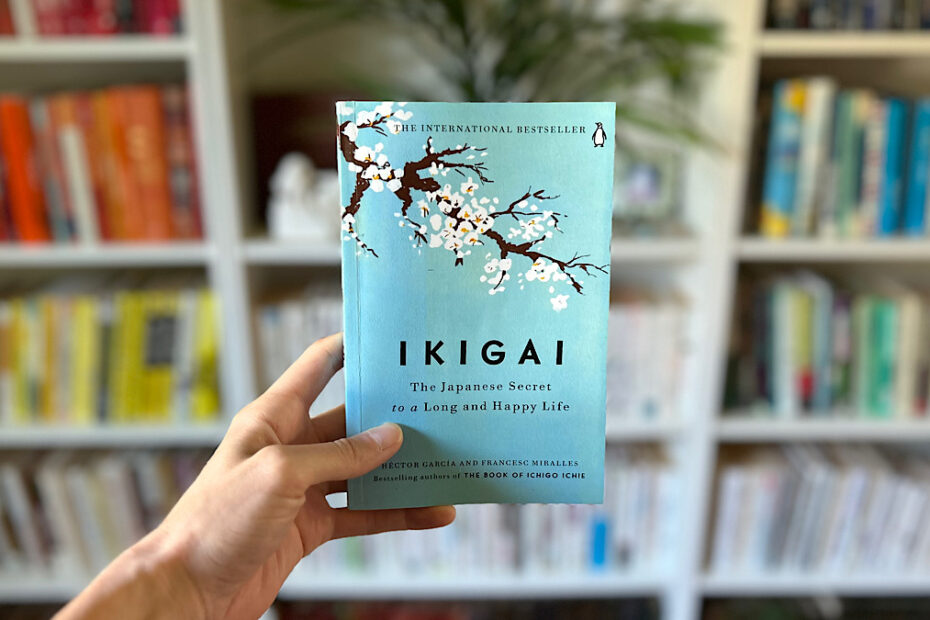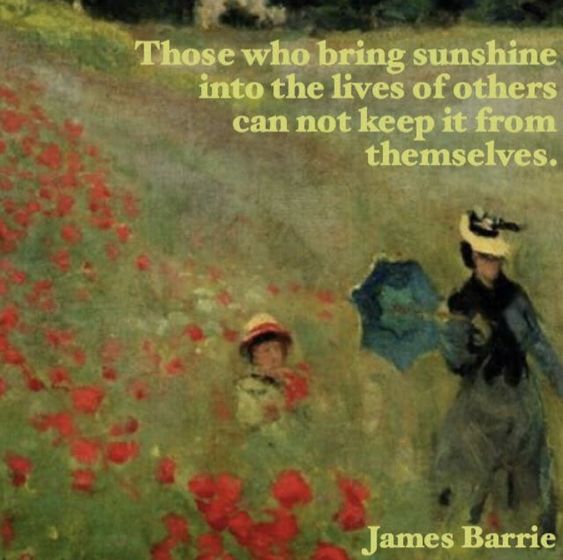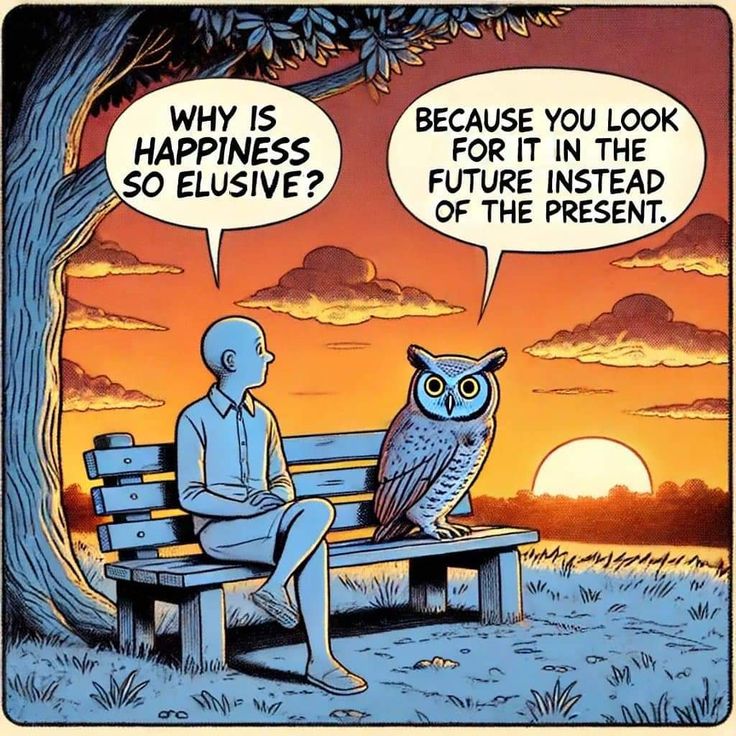“Understand: Most of the people doing important work are people you’ve never heard of—they want it that way. Most happy people don’t need you to know how happy they are—they aren’t thinking about you at all. Everyone is going through something, but some people choose not to vomit their issues on everyone else. The strongest people are self-contained. They keep themselves in check. They keep their business where it belongs… their business.”
Ryan Holiday, Discipline Is Destiny (Page 207)
“Whenever you participate in creating beauty, it is there; whenever you stop creating, it is not. Beauty is a creation; so is ugliness. Happiness is a creation; so is misery. You get only that which you create, and you never get anything else. That is the whole philosophy of karma: You get only that which you do. Life is just a blank canvas—you can paint a beautiful scene, a landscape, or you can paint black ghosts and dangerous people. It’s up to you. You can make a beautiful dream or a nightmare. Once this is understood, things are very simple. You are the master; it is your responsibility.”
Osho, Everyday Osho (Page 349)
“Rich experiences can make you happier than simply being rich.”
Bert R. Mandelbaum, MD, via The Win Within (Page 103)
“Happiness and suffering, however extreme, are mental events. The mind depends upon the body, and the body upon the world, but everything good or bad that happens in your life must appear in consciousness to matter. This fact offers ample opportunity to make the best of bad situations—changing your perception of the world is often as good as changing the world—but it also allows a person to be miserable even when all the material and social conditions for happiness have been met. During the normal course of events, your midn will determine the quality of your life.”
Sam Harris, Waking Up (Page 204)
“Just be as happy as you can. Don’t think about others. If you are happy, your happiness will help others. You cannot help, but your happiness can.”
Osho, Everyday Osho (Page 324)
“If, like many people, you tend to be vaguely unhappy much of the time, it can be very helpful to manufacture a feeling of gratitude by simply contemplating all the terrible things that have not happened to you, or to think of how many people would consider their prayers answered if they could only live as you are now. The mere fact that you have the leisure to read this book puts you in a very rarefied company. Many people on earth at this moment can’t even imagine the freedom that you currently take for granted.”
Sam Harris, Waking Up (Page 96)
“The reality of your life is always now. And to realize this is liberating. In fact, I think there is nothing more important to understand if you want to be happy in this world.”
Sam Harris, Waking Up (Page 34)
The 10 Rules of Ikigai (for a Longer and Happier Life) + 6 Bonus Quotes from The Book
Excerpt: What is Ikigai? Often translated as “a reason for being,” it’s a concept that—when fully understood—can add years and joy to your life…
Read More »The 10 Rules of Ikigai (for a Longer and Happier Life) + 6 Bonus Quotes from The Book
“Most of us could easily compile a list of goals we want to achieve or personal problems that need to be solved. But what is the real significance of every item on such a list? Everything we want to accomplish—to paint the house, learn a new language, find a better job—is something that promises that, if done, it would allow us to finally relax and enjoy our lives in the present. Generally speaking, this is a false hope. I’m not denying the importance of achieving one’s goals, maintaining one’s health, or keeping one’s children clothed and fed—but most of us spend our time seeking happiness and security without acknowledging the underlying purpose of our search. Each of us is looking for a path back to the present: We are trying to find good enough reasons to be satisfied now.”
Sam Harris, Waking Up (Page 2)
“The grand essentials to happiness in this life are something to do, something to love, and something to hope for.”
Washington Burnap, via Ikigai (Page 111)
Ikigai: The Japanese Secret to a Long and Happy Life [Book]
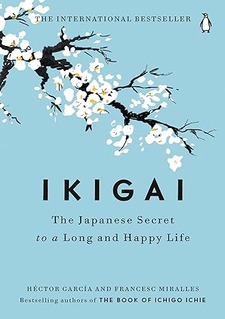
Book Overview: According to the Japanese, everyone has an ikigai—a reason for living. And according to the residents of the Japanese village with the world’s longest-living people, finding it is the key to a happier and longer life. Having a strong sense of ikigai—where what you love, what you’re good at, what you can get paid for, and what the world needs all overlap—means that each day is infused with meaning. It’s the reason we get up in the morning. In researching this book, the authors interviewed the residents of the Japanese village with the highest percentage of 100-year-olds—one of the world’s Blue Zones. Ikigai reveals the secrets to their longevity and happiness: how they eat, how they move, how they work, how they foster collaboration and community, and—their best-kept secret—how they find the ikigai that brings satisfaction to their lives. And it provides practical tools to help you discover your own ikigai.
Post(s) Inspired by this Book:
“It ain’t no sin to be glad you’re alive.”
Bruce Springsteen, Badlands | Read Matt’s Blog on This Quote Here ➜


